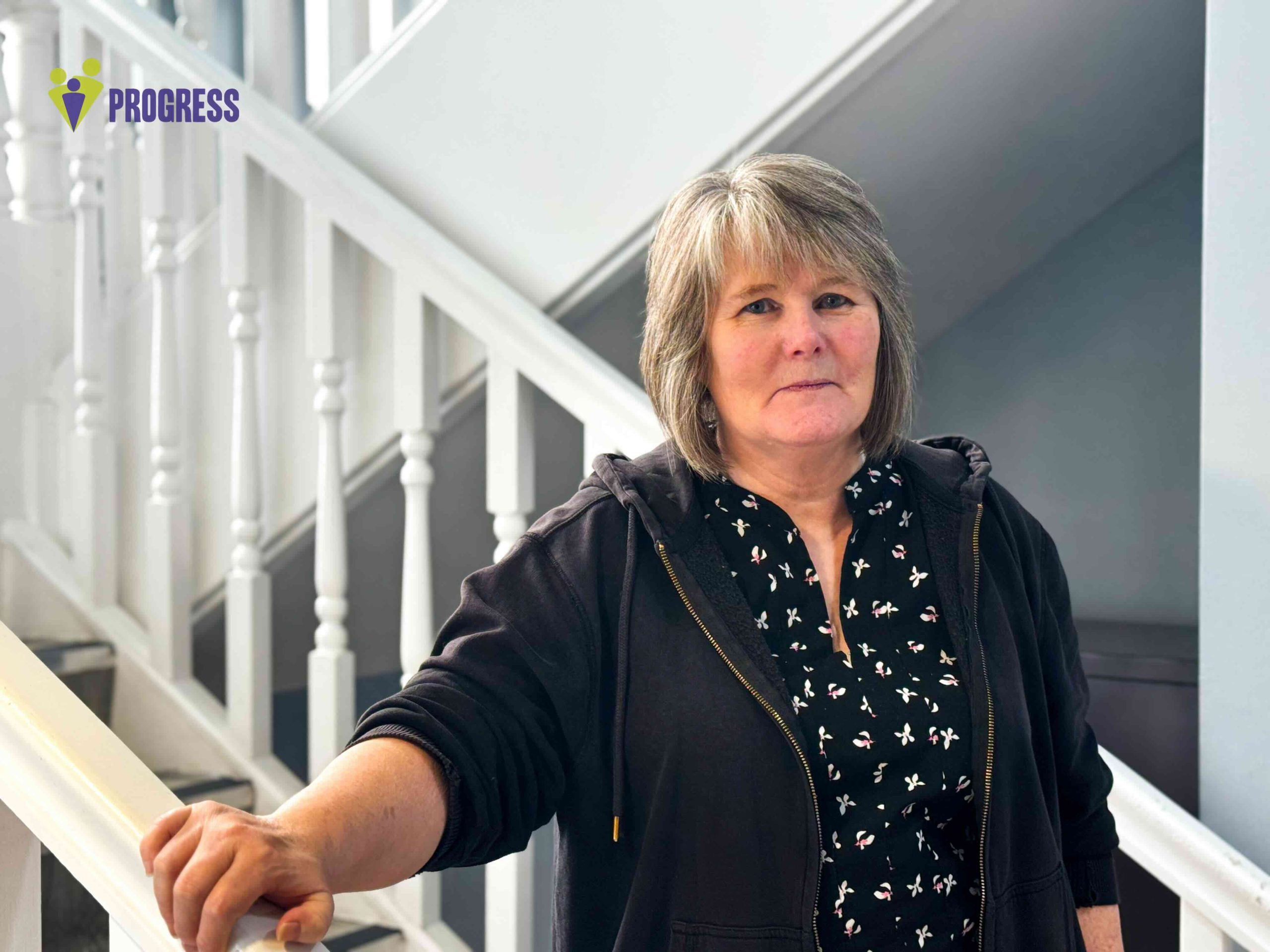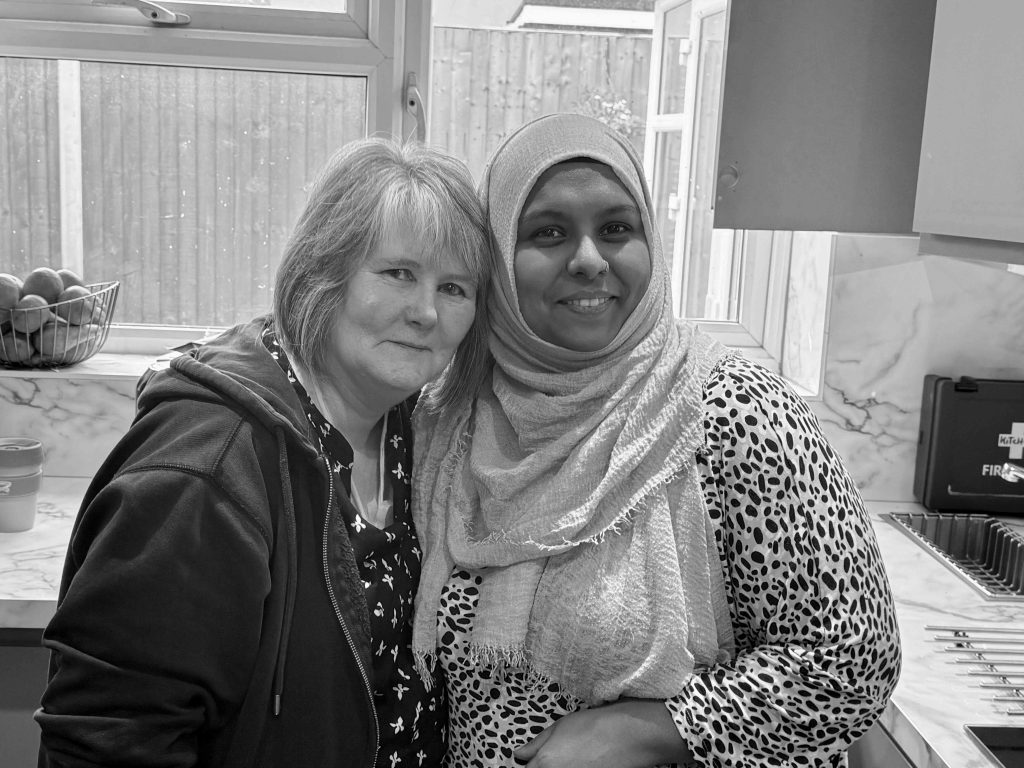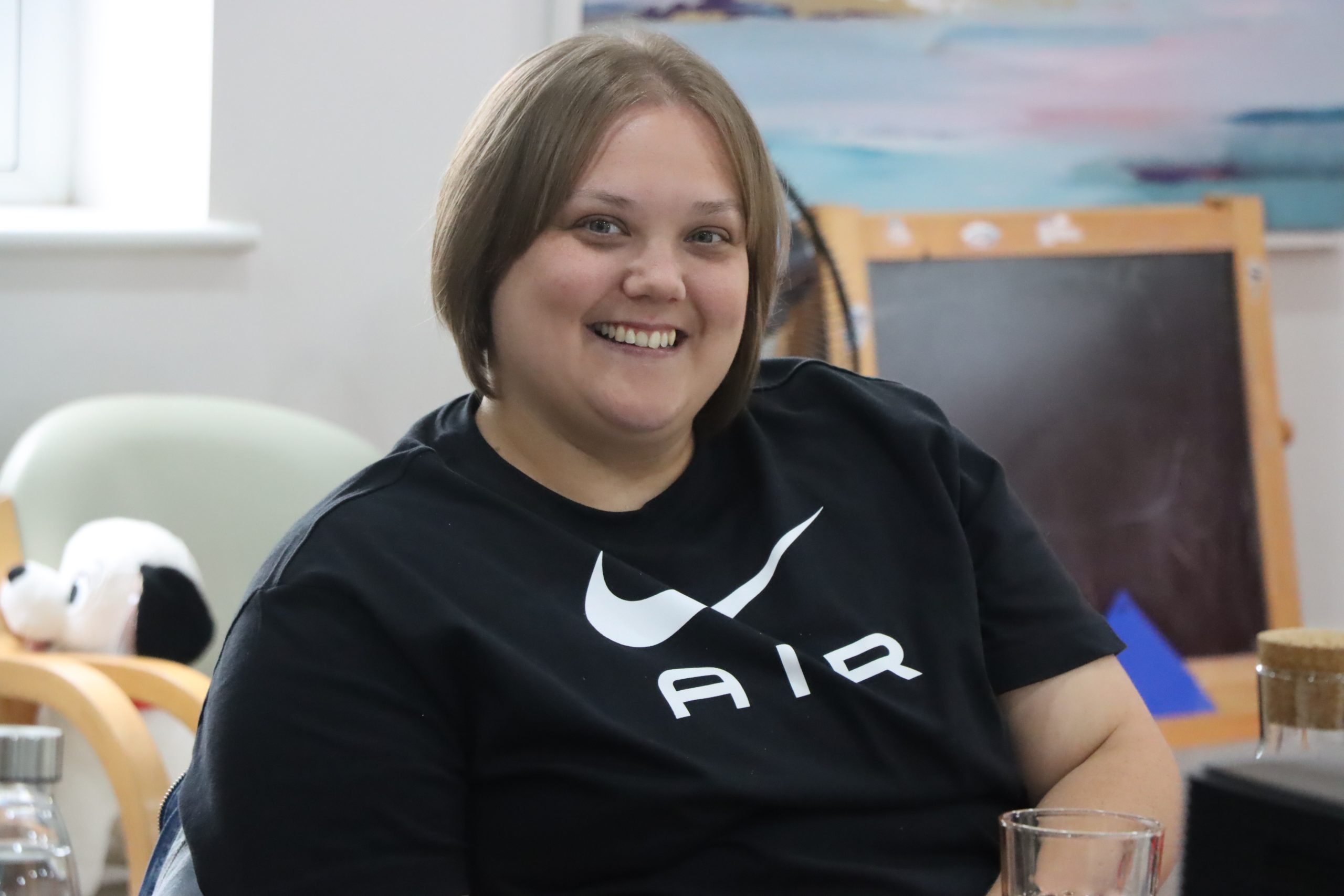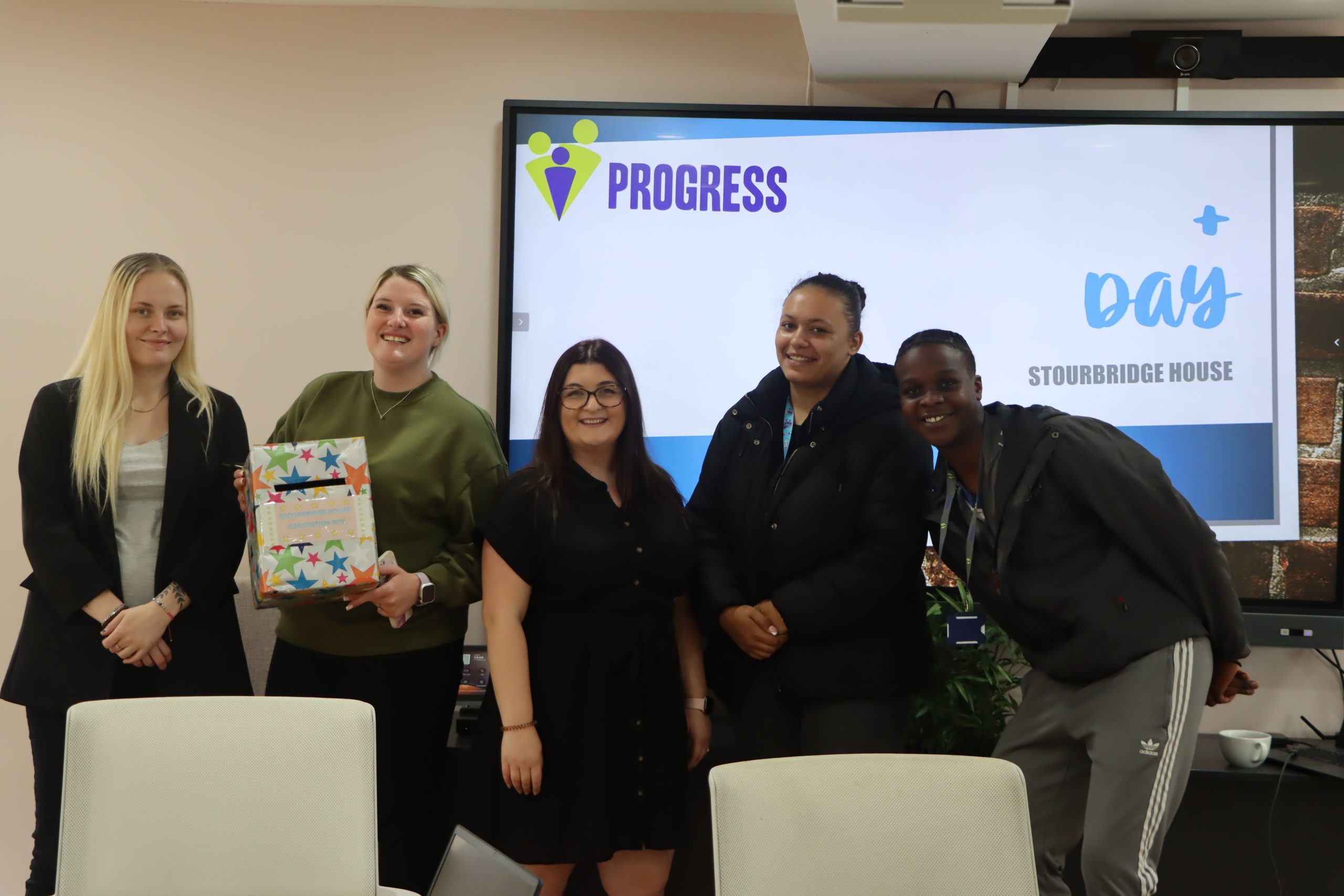Oak Cottage is a unique and dynamic home for young people with complex needs, and one of its team leaders is Kelly. Her role embodies a delicate balance of leadership, hands-on care, and strategic oversight, ensuring both the young people and staff thrive in a supportive and nurturing environment.
Kelly’s journey to team leadership began with her role as a residential support worker (RSW), which she held for just six months before stepping up to lead the team. With a background in health and social care and experience in mental health work, she quickly adapted to the demands of the role, thanks in part to guidance from seasoned colleagues like Tony Marsden.
“Tony coached me into being a team leader,” she shared. “It’s a big shift—from focusing solely on the young people to overseeing the entire house, managing the staff, and ensuring the young people’s needs are met. It’s about balancing it all.”
Kelly’s days are anything but predictable. Mornings begin with the hustle of preparing young people for school, from managing personal care to ensuring all their essentials are ready. Once the young people are off, Kelly and her colleagues dive into administrative and management tasks, often juggling schedules, staffing issues, and compliance responsibilities.
Afternoons and evenings bring the young people back, filling the house with energy and laughter. “It’s like organised chaos,” Kelly explained. “Each young person has their own personality and needs, and they all interact in such unique ways. Watching the eldest and youngest bond or manage their quirks is both challenging and heartwarming.”
Leading with Empathy
A hallmark of Kelly’s leadership style is her ability to connect deeply with both the young people and her staff. She emphasises the importance of creating a familial atmosphere at Oak Cottage. “We’re basically the kids’ family,” she said. “We might not be their biological parents, but they see us as family, and it’s our job to provide the love and attention they need.”
Her approach extends to her team as well. Kelly ensures staff feel supported, particularly during difficult times. When she returned after a period of illness, she noticed a disconnect within the team and took steps to rebuild camaraderie and focus. “You have to remind everyone that we’re all here for the same reason: to care for these kids and give them the best experiences possible.”
As a team leader, Kelly faces the dual challenge of managing a high-energy home and ensuring all compliance and administrative duties are met. “It’s about finding the balance,” she said. “You can’t let the paperwork overshadow the care we’re here to provide. At the same time, everything needs to be documented to keep things running smoothly.”
She also deals with the emotional weight of the role, particularly when young people move on from Oak Cottage. “It’s hard when a child you’ve bonded with leaves,” she admitted. “But it’s rewarding to know you’ve played a part in their journey.”
Building a Solid Team
Kelly believes a strong, cohesive team is vital to the success of Oak Cottage. She mentors new staff members, sharing her knowledge and encouraging them to embrace the home’s fast-paced and often unpredictable environment. “You won’t bond with every young person the same way, but it’s about making the most of the bonds you do form,” she said.
For Kelly, enjoying the work is essential. “You have to find joy in the good moments, even on tough days. It’s not just a job; it’s about creating a positive impact on these young lives.”
Looking to the Future
Kelly is committed to growing in her role while ensuring she masters each step of her career progression. “I want to be solid in every position I hold, from RSW to team leader and beyond. That way, I can lead with confidence and experience.”
Her vision for team leadership at Oak Cottage is clear: “It’s about oversight, making sure nothing is missed, and fostering an environment where the kids can thrive and the staff feel fulfilled.”
Oak Cottage continues to be a place of laughter, resilience, and care. The dedication of the entire team to both the young people and each other exemplifies what it means to lead with empathy, strength, and a focus on making a difference.
For Kelly, the role of team leader is more than a job—it’s a calling. “It’s about helping these young people see that there’s good in the world and that the bad won’t happen again. That’s what makes this work so meaningful.”















